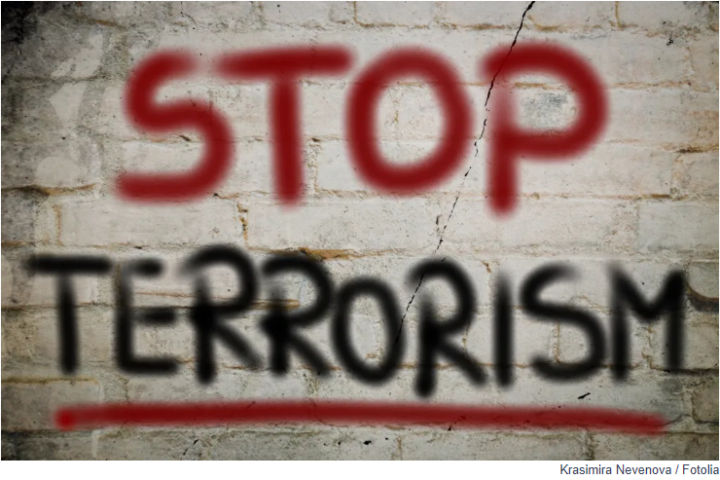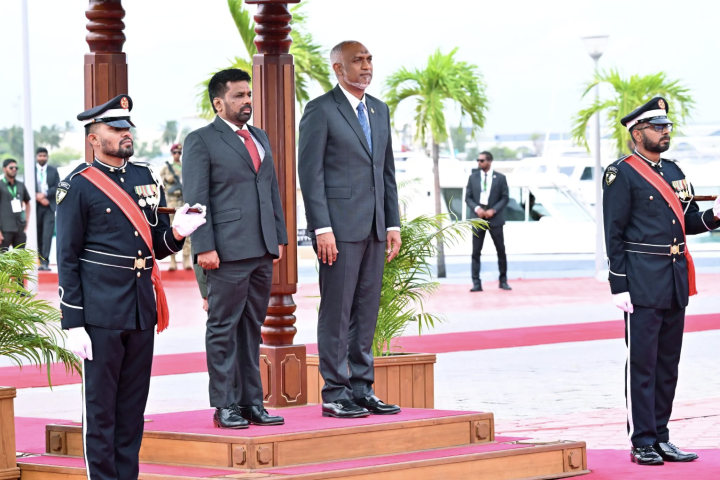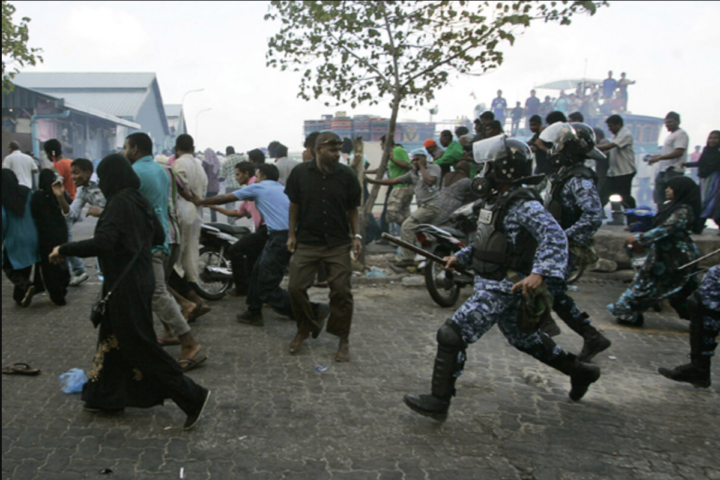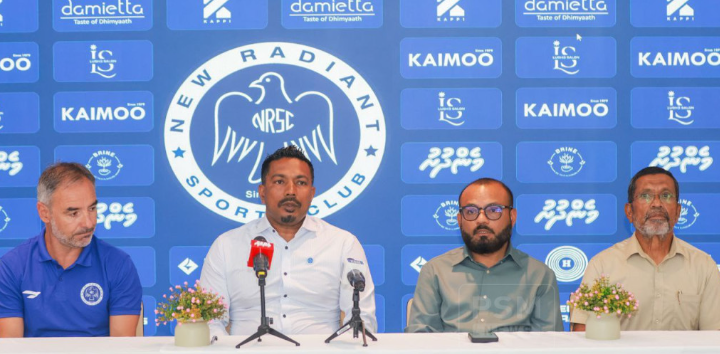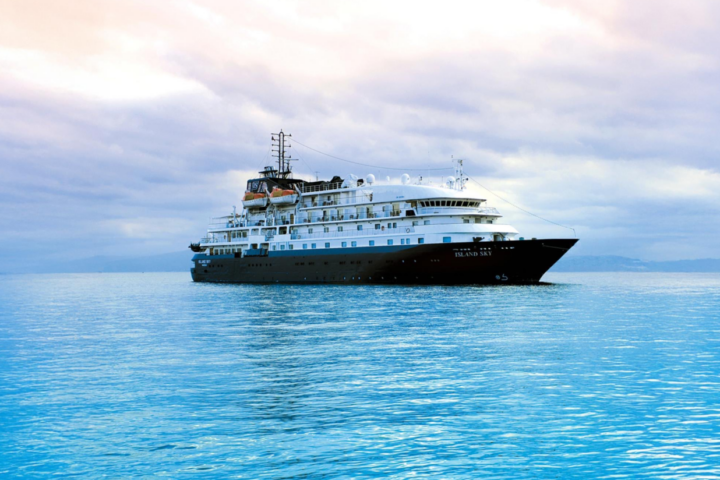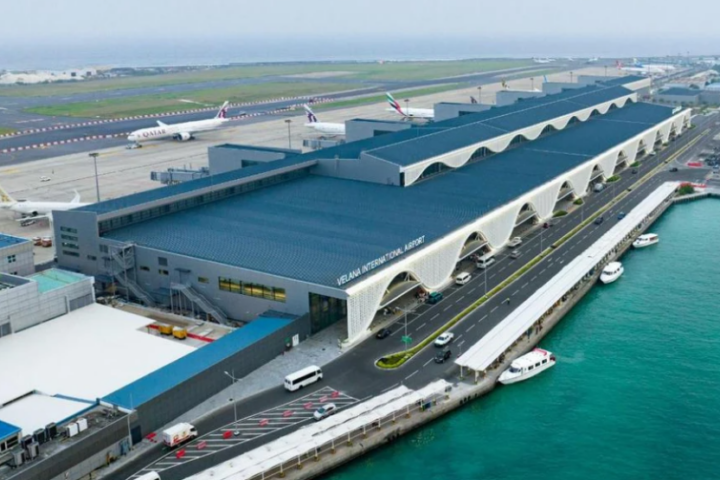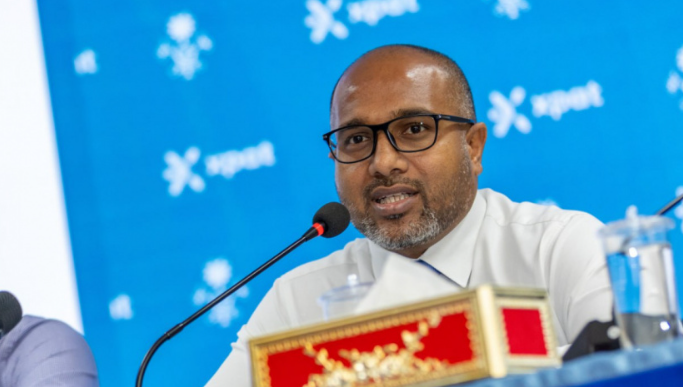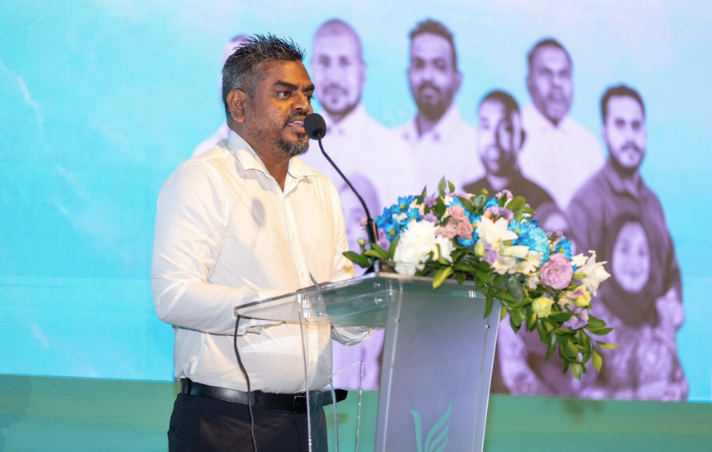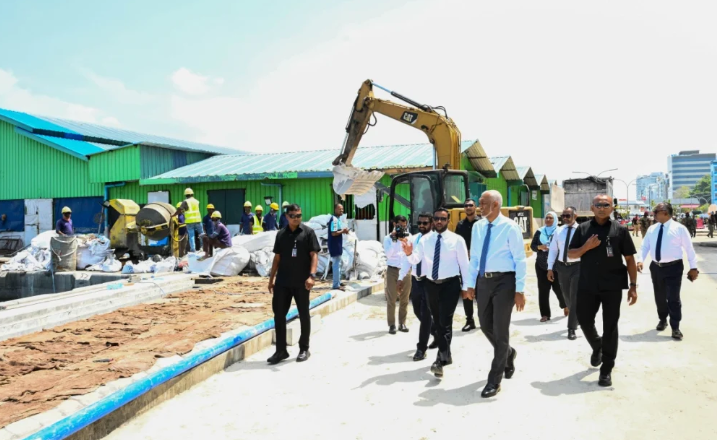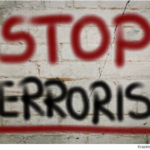Look at them.
Not as a statistic, not as a headline. Look at their faces. The sunken eyes, the fragile limbs, the quiet cries of pain that echo louder than any weapon. These are children—emaciated, skeletal, starving. Victims not of nature, but of human design. Victims of siege, of blockade, of silence.
What is their crime? What sin did they commit to be born into a war that does not spare the innocent? They did not fire rockets. They did not draw borders. They did not cast votes. And yet, they bear the punishment. Slowly. Publicly. Deliberately.
And still we must ask: why are some souls deemed more precious than others? Is it the color of their skin? The faith they follow? Why is it that some blood is mourned, while others are ignored—spilled in silence, dried without a whisper? Those who are quick to condemn, quick to label with a broad and bitter brush, suddenly find themselves speechless when confronted with the bodies of children who do not look like theirs. Words fail them, or perhaps they simply refuse to speak.
To call this anything less than a humanitarian catastrophe is an act of moral cowardice. To justify it, or worse, to ignore it, is complicity.
President Dr. Mohamed Muizzu did not hesitate: he called it genocide. And what do the rest of us call it? Strategic necessity? Collateral damage? A political inconvenience?
If you can see these children and still sleep soundly at night, the issue is not theirs. It’s ours. It is in our silence, our comfort, our endless debates while children waste away before our eyes.
History will remember them. The question is: How will it remember us

